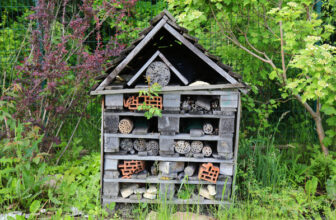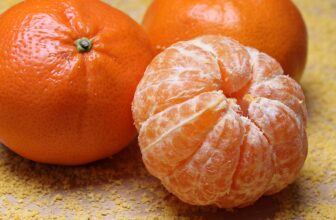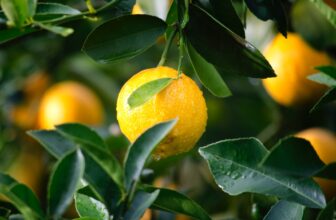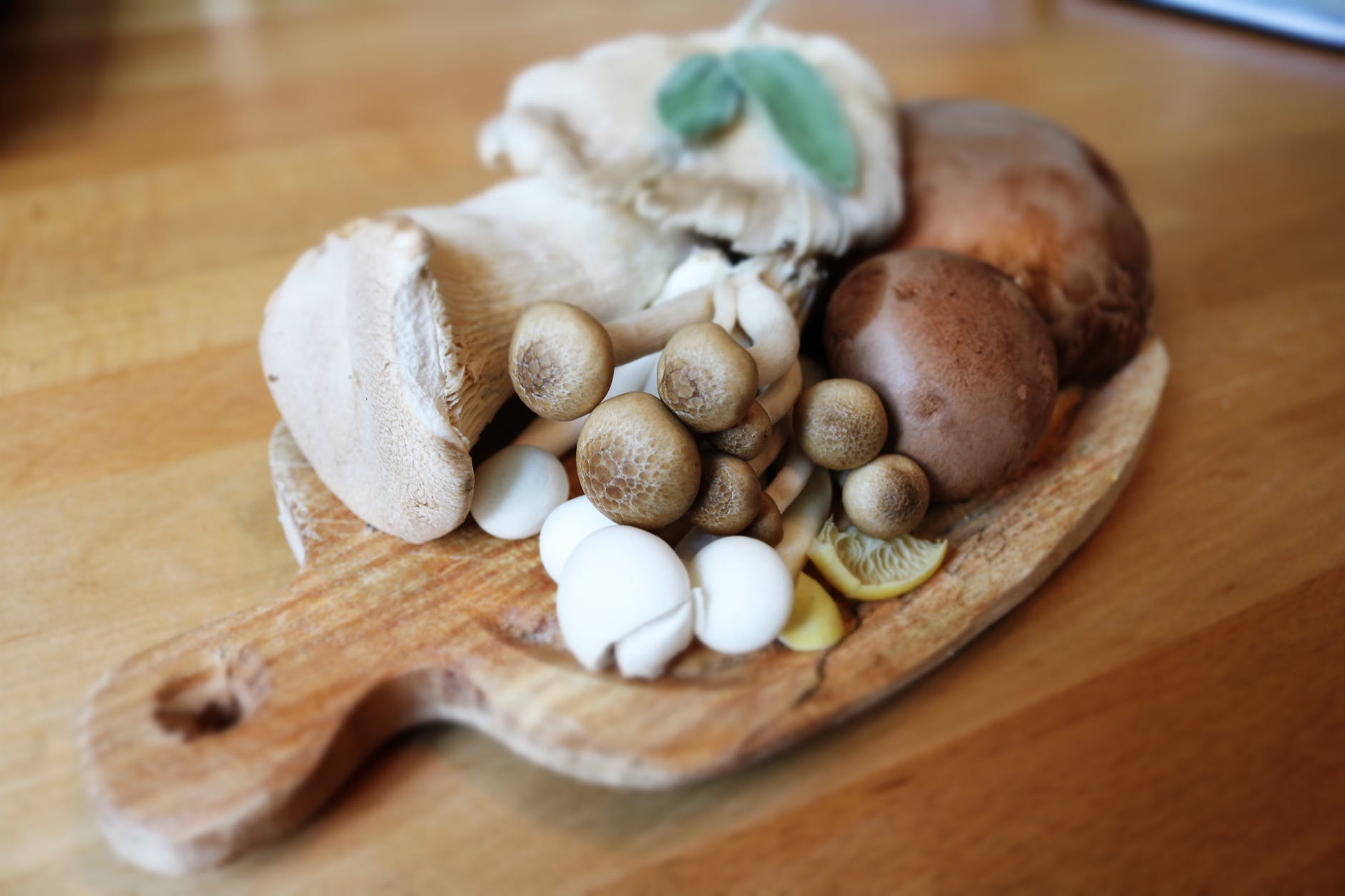
Table of Contents
As a lover of cooking and a curious health enthusiast, I am always excited to discover new ingredients that offer not only delicious flavors but also various uses in the kitchen and beyond. And one ingredient that never fails to impress me with its versatility is mushrooms. Whether it’s as the star of a dish or a subtle addition to a sauce or soup, mushrooms offer a unique taste and texture that can transform any recipe.
But their uses go beyond just culinary purposes, as they have also been utilized in traditional medicine for centuries and are now being recognized for their potential in a range of industries, from beauty to construction. So, whether you are a mushroom fanatic or simply curious about the many ways these funky fungi can be used, join me as we explore the exciting world of mushroom uses!
Culinary Uses
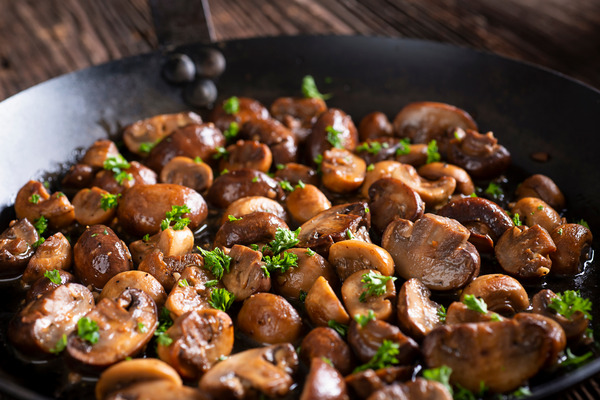
Mushrooms are incredibly versatile and used in various culinary applications around the world. They can be found in a wide range of dishes, from soups and stews to pasta, pizza, and even cocktails. Their distinct flavors and textures make them an excellent addition to any dish, and they are often used as a meat substitute due to their meaty texture.
Mushrooms can be sautéed, stir-fried, grilled, roasted, or eaten raw, and are often used as a filling for omelets, quiches, and frittatas. They are also commonly used in sauces, gravies, and marinades, and can be used to add a rich, earthy flavor to any dish. With so many culinary uses, it’s no wonder that mushrooms have become a staple ingredient in kitchens worldwide.
Medicinal Purposes
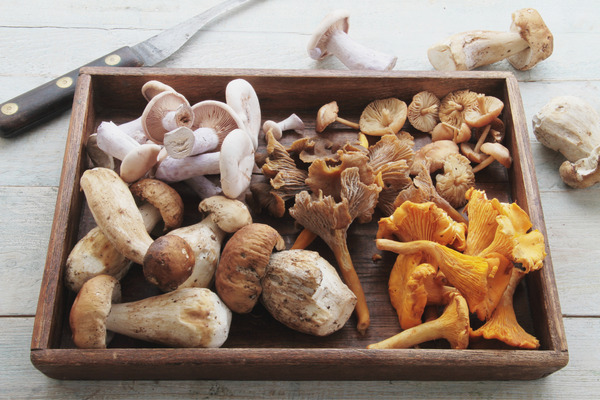
Mushrooms have been used for their medicinal properties for centuries, particularly in traditional Chinese medicine. They contain various compounds that are thought to offer health benefits, such as beta-glucans, polysaccharides, and triterpenes.
Some of the most commonly used medicinal mushrooms include reishi, chaga, lion’s mane, and cordyceps. These mushrooms have been linked to numerous health benefits, such as boosting the immune system, reducing inflammation, lowering cholesterol, and improving brain function.
Other medicinal mushrooms include shiitake, maitake, and turkey tail, which have been found to have anti-cancer properties. In fact, some cancer patients are given medicinal mushrooms as part of their treatment plan.
Mushrooms are also rich in vitamins and minerals, making them a great addition to any healthy diet. They are low in calories and fat, and are a good source of protein, fiber, and antioxidants. With all of these health benefits, it’s no wonder that mushrooms have become increasingly popular as a medicinal food.
Natural Dyes
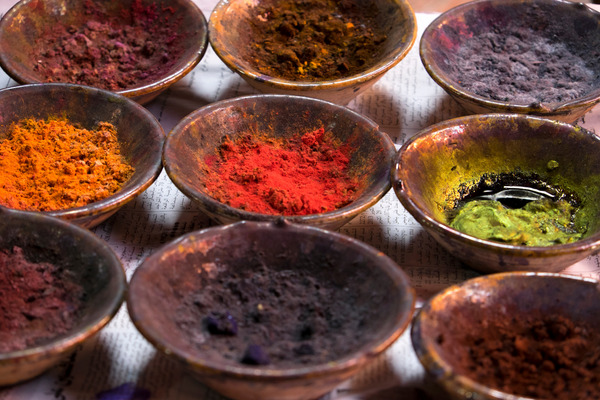
Mushrooms have been used for centuries as a source of natural colorants, and their hues range from earthy browns and yellows to vibrant reds and blues.
Mushroom dyes are created by boiling or simmering the mushrooms in water, which extracts the pigments from the fungi. The resulting liquid can then be used to dye fabrics, yarns, and other materials. The process can take several hours or even days, depending on the desired color intensity and the type of mushroom being used.
Some of the most commonly used mushroom dyes include the golden-yellow hue of the birch polypore mushroom, the deep red color of the dyer’s polypore mushroom, and the bluish-purple shade of the indigo milk cap mushroom.
Using mushrooms as natural dyes is not only eco-friendly, but it also creates unique and beautiful colors that cannot be replicated with synthetic dyes. Plus, it allows for a deeper connection to nature and the natural world around us. Whether you’re a fiber artist, a nature enthusiast, or simply looking for a new creative project, experimenting with mushroom dyes can be a fun and rewarding experience.
Cosmetics

Mushrooms aren’t just a tasty addition to your meals or a funky decor for your yard, they’re also a hot ingredient in the beauty world! That’s right, mushrooms can do wonders for your skin and hair!
Mushrooms are packed with antioxidants, vitamins, and minerals that nourish and protect the skin. They’re also rich in polysaccharides, which help to retain moisture and improve skin elasticity. So, it’s no wonder that mushrooms are popping up in all kinds of skincare and hair care products.
From serums to masks, shampoos to conditioners, mushrooms are being used to address a variety of skin and hair concerns. For example, the reishi mushroom is known for its anti-inflammatory properties and is often used in products designed to calm and soothe irritated skin. The shiitake mushroom is high in kojic acid, which can help to brighten and even out skin tone. And the chaga mushroom is loaded with antioxidants, making it a popular ingredient in anti-aging products.
So, next time you’re browsing the beauty aisle, keep an eye out for mushrooms. Your skin and hair will thank you!
Construction Materials

You might think that mushrooms are just a tasty addition to your pizza, but did you know that they can also be used to build houses? Yes, you read that right, mushrooms are not just for eating, they’re also a sustainable building material!
Mushroom bricks, also known as mycelium, are made from the roots of mushrooms. The mycelium acts as a natural adhesive, binding together agricultural waste like corn stalks or sawdust, forming a solid and durable material. This means that mushroom bricks can be used for insulation, packaging, and even as a replacement for traditional building materials like concrete and wood.
But it doesn’t stop there! The properties of mycelium make it a versatile material that can be molded into various shapes, and it can also be grown in different colors. Imagine building a house that looks like it’s made out of giant, colorful mushrooms!
Not only is mycelium eco-friendly, it’s also incredibly strong and fire-resistant. And as a bonus, it’s completely biodegradable, so at the end of its life, it can be composted instead of taking up space in a landfill. So, the next time you think about mushrooms, remember that they’re not just for your plate, they’re also for your house!
Soil Improvement
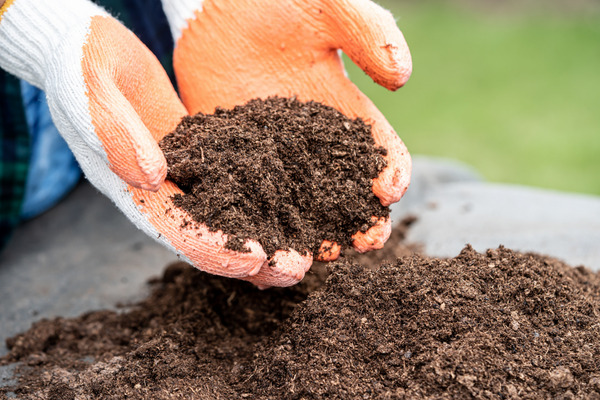
Mushrooms are not just delicious, they are also a great way to improve soil quality in your garden! You might not know it, but mushrooms have the power to transform your dull and lifeless soil into a nutrient-rich haven for your plants.
Mushrooms are known for their ability to break down complex organic matter, making nutrients more accessible for plant roots. When you add mushrooms to your garden soil, they release enzymes that break down dead leaves, wood chips, and other organic materials. This process results in the creation of humus, which is an incredibly nutrient-rich form of organic matter that plants love.
Not only do mushrooms improve soil quality, but they also have the ability to reduce soil erosion. Mushroom roots, or mycelium, form a dense network that helps to stabilize the soil, preventing it from being washed away during heavy rains or strong winds.
And the best part? Mushrooms are incredibly easy to grow! You can easily cultivate your own mushroom bed by simply mixing mushroom spores with compost or soil. Then sit back and watch as your garden flourishes with healthy, happy plants.
So the next time you’re looking to improve your garden soil, don’t forget about the power of mushrooms. They’re not just a tasty addition to your meals, they’re also a natural and sustainable way to keep your garden healthy and thriving!
Environmental Remediation
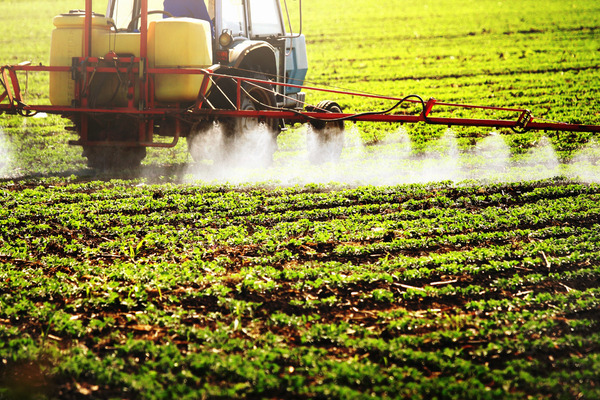
Did you know that mushrooms have the power to save the environment? Yes, you heard it right! Mushrooms are not just a delicious and healthy food source, but they are also used for environmental remediation.
Mushrooms are natural bioremediators, which means they can break down and remove toxic chemicals and pollutants from the environment. They are especially effective at breaking down heavy metals, pesticides, and other harmful substances that can contaminate soil and water.
Mushrooms achieve this feat through a process called mycoremediation. The mycelium, or the root-like structure of the mushroom, absorbs the toxins from the soil or water and converts them into harmless substances.
But that’s not all – mushrooms also have the ability to break down petroleum-based products, making them a valuable tool in cleaning up oil spills.
So the next time you see a mushroom, don’t just think of it as a tasty addition to your meal. Think of it as a superhero that can save the environment!
Animal Feed
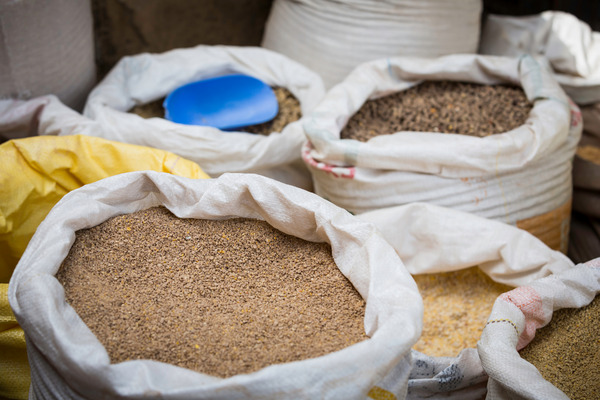
Mushrooms aren’t just for people – they can also be used to feed our furry and feathered friends!
Mushroom farming produces a lot of “waste” – that is, the parts of the mushroom that aren’t used for human consumption. But this waste is actually a valuable source of nutrition for animals. Mushroom waste is rich in protein, fiber, and other nutrients that can help keep animals healthy and happy. It’s often used as feed for livestock, such as cows, pigs, and chickens.
But it’s not just farm animals that can benefit from mushroom waste. Pet owners can also use it as a supplement for their furry friends. Some pet food companies are even starting to include mushroom-based ingredients in their products, citing the health benefits for animals.
The next time you’re enjoying a delicious mushroom dish, don’t forget about our animal friends who can also benefit from this amazing fungus!
Brewing Beer
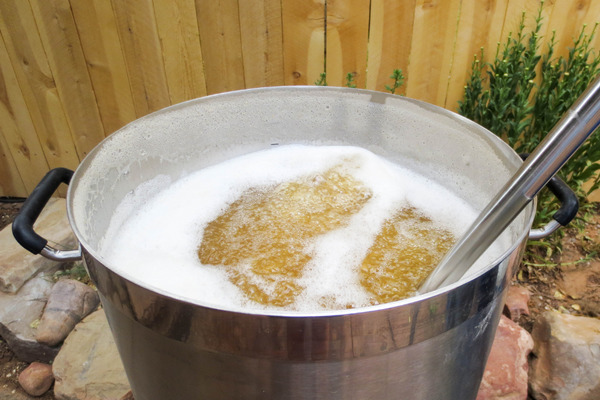
Did you know that mushrooms can also be used to make beer? That’s right – this versatile fungus can add a unique twist to your favorite brews!
Mushroom beers have been around for centuries, and are especially popular in certain parts of Europe. Traditionally, they were made by adding wild mushrooms to the brewing process, but nowadays many craft breweries are experimenting with different mushroom varieties to create new and exciting flavors.
Some brewers even use medicinal mushrooms like reishi and chaga, which are believed to have immune-boosting and anti-inflammatory properties. These mushrooms can add earthy, woody, and slightly bitter notes to beer, making for a truly unique drinking experience.
So next time you’re looking for a new and interesting beer to try, keep an eye out for one made with mushrooms. Who knows – you might just discover a new favorite brew!
Enhancing Compost

If you’re a gardener or a fan of sustainable living, you might want to know that mushrooms can be a great addition to your composting routine!
Mushrooms are natural decomposers, which means they can break down organic matter and turn it into nutrient-rich compost. By adding mushroom spores or spawn to your compost pile, you can speed up the decomposition process and produce a higher quality fertilizer for your plants.
But that’s not all – some mushroom species can also help to fight off harmful pests and pathogens in your compost, making it a safer and healthier environment for your garden. Plus, growing mushrooms on your compost pile is a fun and rewarding way to get even more use out of your organic waste. You can even harvest your own gourmet mushrooms right from your compost!
So why not try adding some mushroom spawn to your compost pile and see what kind of benefits it can bring to your garden? Your plants (and your taste buds) might thank you for it!
Creating Sustainable Packaging Materials
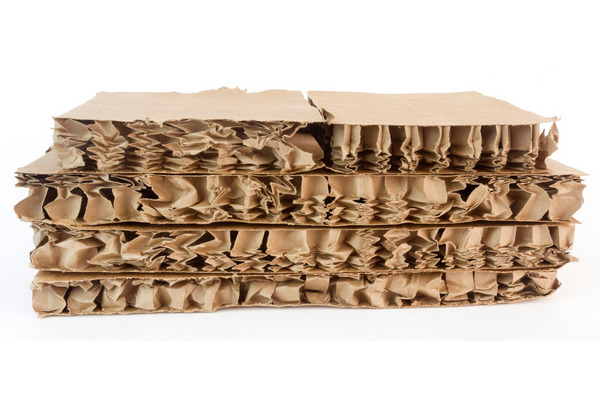
Did you know that mushrooms can be used to create eco-friendly packaging materials? Well, they can!
Mushroom mycelium (the root-like structure of the fungus) can be grown into various shapes and sizes, which can then be dried and hardened to create a lightweight, biodegradable material that can be used for packaging. Not only is this type of packaging more sustainable than traditional materials like Styrofoam and plastic, but it can also be customized to fit specific shapes and sizes, making it a versatile option for all kinds of products.
Plus, imagine how cool it would be to receive a package that’s been grown from mushrooms! It’s like getting a little piece of nature delivered right to your doorstep.
The next time you’re looking for sustainable packaging options, consider the power of mushrooms. Not only are they delicious and nutritious, but they’re also eco-friendly and versatile!
Producing Biofuels
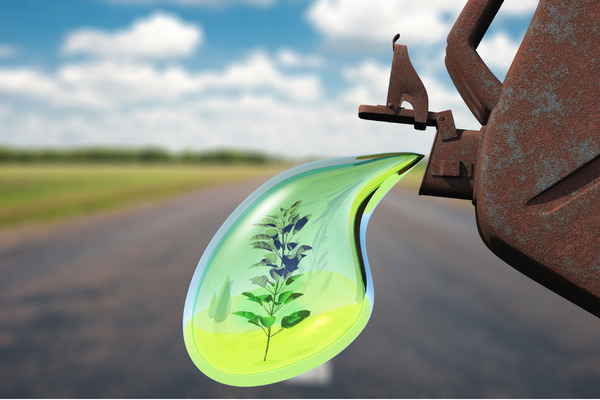
Mushrooms are not just a delicious addition to our meals or a colorful decoration in the forest. They can also be used to produce biofuels! It may sound surprising, but the mycelium of certain mushroom species can break down plant material and convert it into usable energy. This process is known as mycofuel and it’s a promising solution for a more sustainable future.
Not only can it reduce our reliance on fossil fuels, but it also creates less pollution and requires fewer resources to produce. Who knew that something as small as a mushroom could have such a big impact on the world of energy?
Soil-Less Agriculture
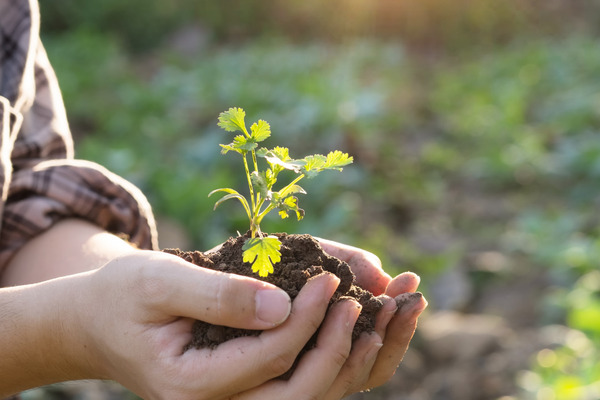
Mushrooms have always been known as a great source of nutrition and flavor, but did you know that they can also be used to grow other plants? That’s right, mushrooms can be used for soil-less agriculture, a method of growing plants without using traditional soil. By using mushrooms as a substrate, or growing medium, plants can receive all the nutrients they need to grow healthy and strong.
This innovative method not only helps plants grow, but it also reduces the amount of waste that traditional agriculture methods produce. So next time you think about growing plants, consider using mushrooms as your growing medium!
Creating Sustainable Textiles
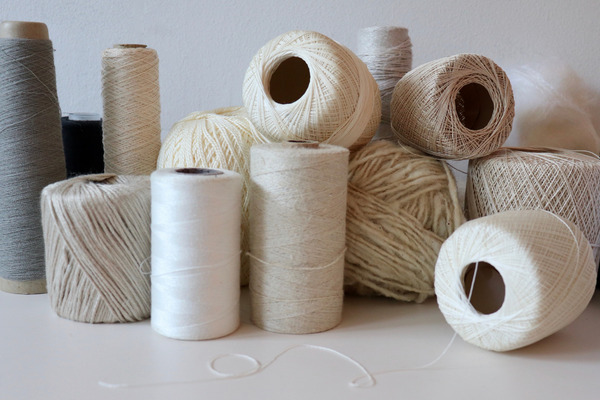
Yes, mushrooms can be used for creating sustainable textiles. In fact, some people call it “mushroom leather” or “mushroom fabric.” The process involves growing mycelium, which is the vegetative part of the fungus, on a substrate such as sawdust or agricultural waste. The mycelium forms a strong, flexible material that can be shaped and treated to create various types of textiles.
This process is considered more sustainable than traditional methods of textile production because it requires fewer resources and produces less waste. Plus, it’s a great way to give mushrooms yet another purpose beyond just being a delicious addition to our meals.
FAQs about Mushrooms
Mushrooms have a wide range of uses including culinary, medicinal, natural dyes, construction materials, compost enhancement, and environmental remediation.
Industrial uses for mushrooms include sustainable packaging materials, biofuels, soil remediation, and creating sustainable textiles, among others.
Mushrooms have medicinal properties and can boost the immune system, fight cancer, reduce inflammation, and improve brain function among other benefits.
The healthiest mushrooms to eat include shiitake, maitake, oyster, enoki, and white button mushrooms, all of which have various nutritional benefits.
Some mushrooms have adaptogenic properties that may help the body cope with stress, but more research is needed to confirm this.
Wrapping Up
From culinary applications to medicinal uses, and even in the creation of sustainable materials, mushrooms continue to surprise and delight us with their many uses. As we continue to explore and understand the full potential of mushrooms, it’s clear that they have the potential to revolutionize various industries and make a significant impact on our world.
Whether you’re a fan of their taste or fascinated by their unique properties, there’s no denying that mushrooms are a fascinating and valuable resource for us to explore and utilize in innovative ways.



